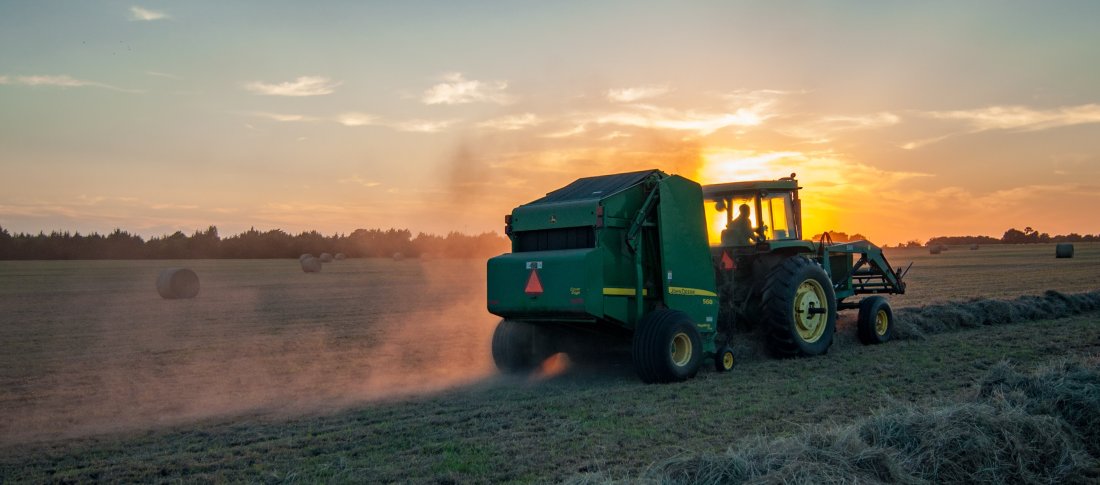You can't judge a book by its cover, so it's dangerous to assume someone's well-being. Nobody likes to be stereotyped, and farmers are no exception. How would you typically envisage the day-to-day farmer? Would you picture someone at one with nature, happily tending his/her crops or livestock? Sometimes, it may be far from the truth.
Last month, farmers were invited to attend a conference to discuss the stresses that the industry is causing them.
Defining mental health
Mental health is your emotional, psychological and social well-being. The status of your mental health will impact on your thoughts, moods and behaviours, and it’s important to understand mental health doesn’t discriminate. While biological factors and life experiences may lead to poor well-being, there are no certainties.
The facts
Mental health issues are now affecting one in four people every year. That’s 14 million people in the UK, and the farming industry is no outlier to these statistics.
Illness rates among agricultural workers are not encouraging. In fact, they are 46% higher than the industry averages, with the most common mental illnesses including anxiety and depression.
Research, led by Farm Safety Foundation, revealed 81% of farmers aged 40 say mental ill-health is the biggest hidden problem faced by our community today and 92% of farmers now report that the promotion of good mental health is vital for saving farmers’ lives.
Risk factors
While mental health doesn’t choose who it presents itself to, several occupational risks could act as contributing factors, and a greater understanding of these pressure points can allow you to understand your own mind better.
The long hours, regularly in isolation, can pose both physical and mental threats. Financial strains attached to costings for land and equipment with an often poor return on capital can generate additional stressors. Alongside irregular weather patterns, natural disasters, increased regulation and political uncertainties, the industry is constantly fighting battles.
Farmers often live and work at the same place too. This means there is little chance to escape workload and benefit from a change of scenery to offer that needed breathing space.
Katie Davies, a widow to a farmer who took his own life, reinforced these complications talking to the BBC. She says farming can be a “really isolated industry” and explains: "I've met hundreds of people who are exactly the same as him [Katie’s husband]. It is OK to get help, and it is OK to walk up and say, 'I'm suffering with mental health'. You can get better, and things can get better."
Over to you…
Society is changing, and stigma is diminishing. Thankfully, everyone is starting to see the value of looking after ourselves and each other.
Encouragingly, the NHS is now placing more focus on our mental health services. They say: “NHS England aims to deliver a transformation in mental health services by 2020/21, with an ambition of putting mental health on an equal footing to physical health in the NHS.”
If you are concerned about the well-being of yourself or loved one, reaching out to someone is the most significant step to take. Several incredible organisations are available for support, and a few are listed below.
- Supporting farmers and families alike, The Farming Community Network (FCN) is available seven days a week from 7:00 am – 11:00 pm for confidential advice and guidance on 0300 111999.
- The YANA (You Are Not Alone) Project is “dedicated to promoting mental health awareness amongst the farming community”. For support contact johoey@yanahelp.org or 0300 323 0400.
- Mind offers mental health support on 0300 123 3393 and on their webchat too.
- For 24/7 support, the Samaritans can be contacted on 116 123 or jo@samaritans.org.
